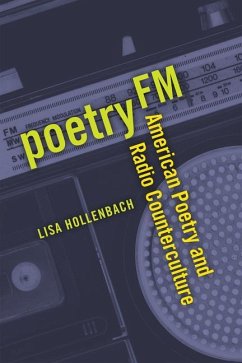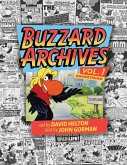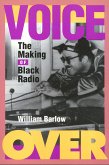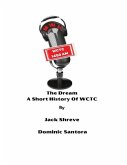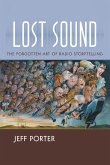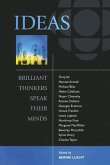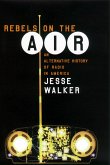"Poetry FM listens back to the experimental period of FM radio's development from the late 1940s to the 1980s to show how American poetry was shaped by, and shaped in turn, the emergence of a radio counterculture. Like FM radio history, the literary history of American poetry during this period is defined by waves of opposition to the literary and critical establishment by poets and movements who likewise stressed experimentalism, alternative networks of distribution, regionalism, and community. In this study, Lisa Hollenbach focuses on two major radio stations-Pacifica's KPFA in Berkeley and WBAI in New York-to develop an institutionally grounded analysis of how poets' involvement with FM radio contributed to postwar aural imaginaries. While poetry programming on Pacifica Radio has always been capacious, including poetry from the past as well as contemporary poetry, poetry in translation, and poetry by unpublished writers, Hollenbach focuses on writers who played important roles at these stations and whose work embraces oral poetics and/or radio and sonic tropes. These especially include poets associated with the New American Poetry-William Everson, Kenneth Rexroth, Jack Spicer, Allen Ginsberg, Robert Duncan, Paul Blackburn, and Amiri Baraka, among others-who brought the oral poetics of the "new" poetry to Pacifica Radio's experiment in FM radio. But in the 1960s and 1970s, the racial, gender, and sexual politics of both the New American Poetry and the FM revolution came under increasing scrutiny and contestation. During these years, poets as different as Spicer, Ginsberg, Baraka, and Audre Lorde responded to this terrain of struggle by creating-in their poetry, performances, and radio work-alternative aural imaginaries, or figurative channels for the transmission of fugitive signals across time and place. This is a book about how radio-the once-dominant mass media form-became an underground medium for and key figure in American poetry in the 1950s, 1960s, and 1970s"--
Hinweis: Dieser Artikel kann nur an eine deutsche Lieferadresse ausgeliefert werden.
Hinweis: Dieser Artikel kann nur an eine deutsche Lieferadresse ausgeliefert werden.

